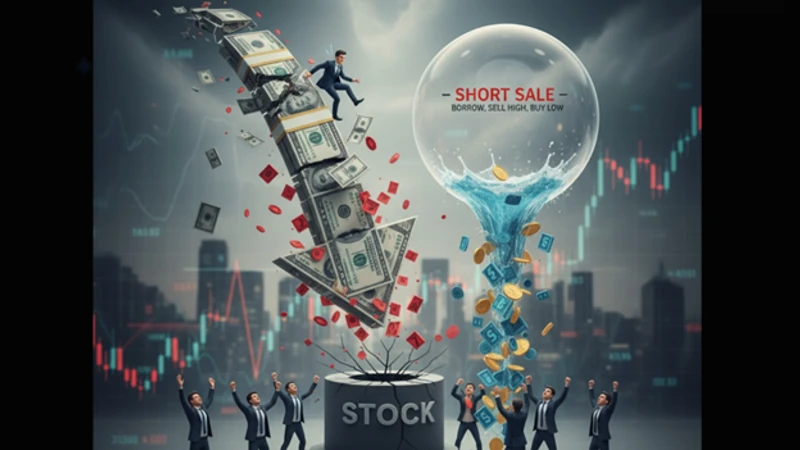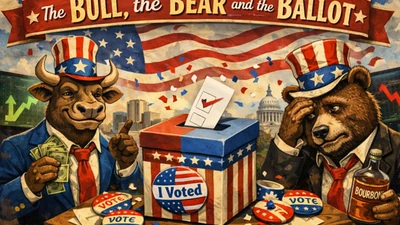Let’s talk about short selling — one of those Wall Street maneuvers that sounds clever until you realize what it really is: a bet against American success.
When an investor “sells short,” they’re not buying a stock because they believe in the company, its workers, or its future. They’re borrowing shares, selling them high, and hoping the price collapses so they can buy them back cheap and pocket the difference. It’s the equivalent of borrowing your neighbor’s car, selling it, and hoping the market tanks before you have to replace it.
Here’s how it plays out:
A short seller borrows shares — usually from a brokerage account owned by long-term investors — sells them on the open market, and waits. If the stock drops, they buy back the shares at a lower price and return them, keeping the profit. But if the stock rises, they lose. And unlike a normal investment, the losses can be unlimited because a stock can go up forever.
Now, there’s no question short selling adds liquidity and can expose companies that are built more on hype than performance. It keeps markets efficient and honest — and that’s good. But let’s not kid ourselves: when short sellers pile into a stock, it can put downward pressure on the price. That hurts everyday investors and retirement accounts in the short term, even if the company’s fundamentals are solid.
And then there’s the short squeeze — when too many people bet against a stock, and it starts rising instead. Shorts rush to buy shares to cover their positions, and the price skyrockets. We all remember the GameStop and AMC chaos. Hedge funds that thought they were smarter than the market got crushed by retail investors who simply believed in the American dream a little harder.
From my chair, here’s the takeaway: short selling doesn’t “rob” other investors of returns, but it does shift the timing and mood of the market. It introduces volatility — the kind Wall Street thrives on but Main Street doesn’t. For Republican investors, who believe in long-term value, free enterprise, and the power of American companies to innovate and win, shorting should be seen for what it is: a high-risk bet on failure.
And in my book, betting against America has never been a great long-term strategy.










